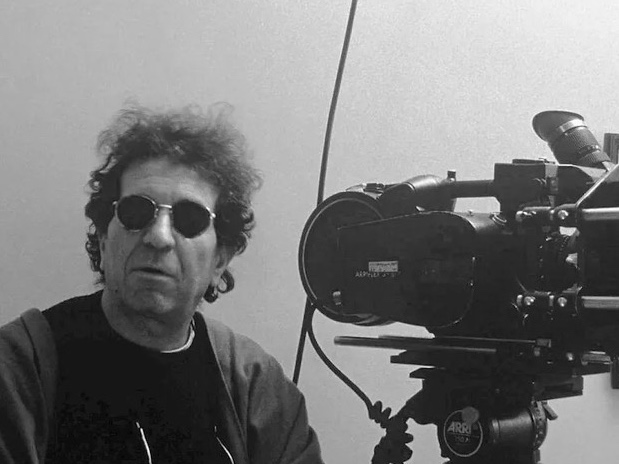Dariush Mehrjui (1939-2023)
Iranian filmmaker Dariush Mehrjui passed away on October 14th alongside his wife, Vadideh Mohammadifar, after a fatal attack at their home. Mehrjui is regarded as a founding member of the Iranian New Wave movement of the early 1970s with his second film, The Cow (1969), depicting the unchanging world of impoverished Iranian villagers that is suddenly thrown off balance when the only cow from the village disappears. The camera captures the villagers in close-ups or through windows and doors, making them appear trapped in space.The Cow is a refined sociological critique, a warning message about alienation and Marxist materialism, in which the cow serves as a metaphor for man's dependence on modern secular and materialistic society. The Iranian government funded the film, yet immediately banned it after completion due to its negative portrayal of rural Iranian poverty. The film was smuggled to the Venice Film Festival in 1971, where it won the critics' prize. His other most notable films include Hamoun (1990), Leila (1996) and The Pear Tree (1998). Although, the Iranian New Wave focused mainly on realism (building on the principles of Italian neorealism), Mehrjui was also known to draw inspiration from western literature, probably rearing him the only devout Muslim to count novelists like J.D. Salinger and Saul Bellow as major influences on his work.
De Sica’s Bicycle Thieves (1948) was the film that sparked Mehrjui's youthful interest in cinema. He first enrolled in UCLA to study film but quickly became disillusioned with the teaching methods of his professors, claiming that they were the kind of people who had not been able to make it in Hollywood themselves but would bring the rotten atmosphere of Hollywood into the class and impose it on their students. Mehrjui later switched his major to philosophy. After studying philosophy in the United States, he returned to his native country, where he launched a literary magazine, Pars Review, and made his first feature film, the James Bond parody Diamond 33 (1967). Other films such as Mr. Gullible (1970) and The Cycle (1977) followed before he fled the ayatollah's regime and lived and worked in France for five years. When he returned to Iran in 1987, he made many more films, mostly focusing on women. Godfrey Cheshire writes that unlike other Iranian cinema which "connotes a certain distanced exoticism, views of rug-weaving nomads or impoverished children against crumbling walls, Mehrjui's sleek, educated, postmodern Tehran is clearly anomalous." Merhjui fought state censorship during his entire career as he was one of the more outspoken critics of Tehran's Islamic regime. For Cheshire, he "rivals [Abbas] Kiarostami and [Asghar] Farhadi as the most impactful of Iranian directors."


